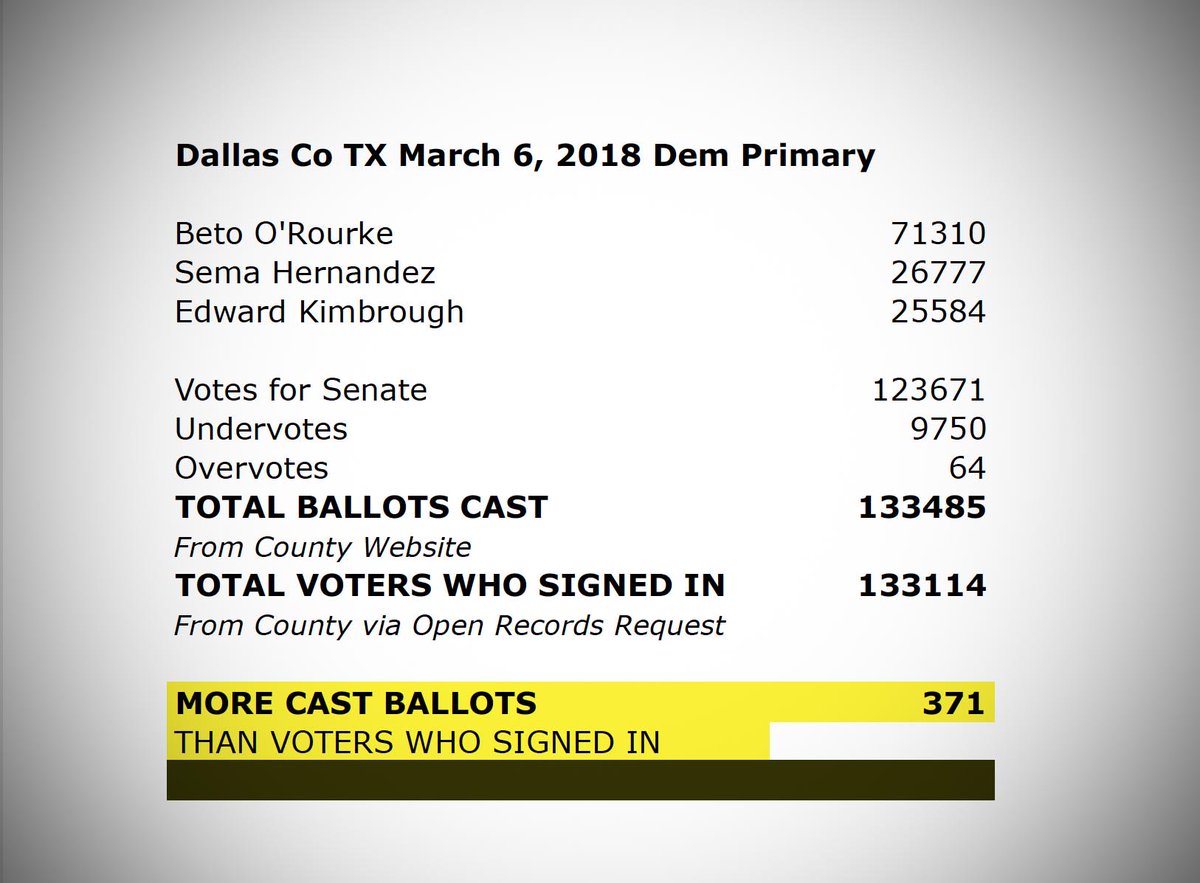Don't want to put it on Patreon, since that's college sports.
Not ready to start blogging about politics, but close.
1 dumb
or
2 dodging the truth...
... you should almost always pick No. 2.
It's usually not stupidity.
A) People think the media are dumb, and that the media haven't learned from 2016 how to cover Trump or politics at large.
B) People think Steve Kerr is dumb for what he has said and not said about China.
To be sure, Steve Kerr made some statements which a reasonable person could easily tear apart and identify as fallacious, shortsighted, and much more.
The surface appearance certainly looks dumb, I grant you that
None of what I am about to say should be taken to mean that what media outlets do, or what Steve Kerr said on China, are *appropriate*.
It is important, however, to understand *why* media outlets, institutions, and public figures say what they say.
We need to realize -- as citizens, as news consumers, as students of power and greed -- that what seems like stupidity is very calculated
You see the mass layoffs. You see the mergers, the consolidation, the shrinkage of independent, smaller-scale, more localized voices.
You see hedge funds buying papers and then gutting them in the name of profit.
All obviously bad things
These aren't bad things for the people/forces/outlets setting these forces in motion. A few people are making big money.
They don't much care that localized community journalism is suffering, or that staffing is being cut, or that the pay is worse, any of that.
Those interests prosper
How would a good owner/publisher run a good outlet?
S/he would build a robust staff with a wide array of skills, committed to the truth first, with reduced emphasis on ideology and increased emphasis on urgent matters in a community.
Yet, as we can see in both sports and politics, this is a rather prevalent reality today.
Prominent news hosts make million-$ salaries.
However, are these "dumb" questions or intentional ones?
Narrowly, that statement might be true, but it suggests that the media is an honest broker in national conversations and should naturally, obviously, learn from "mistakes."
The frustration is widely felt, and people SHOULD be angry at modern political coverage.
However...
These questions, these points of emphasis in coverage, the selection of content for air time on nightly broadcasts: They're not mistakes.
This is all very intentional
Okay... but do your friends know that?
Do your children or parents know that?
Do your work colleagues (if you talk politics with them) know that?
Take these concepts and *share* them with others.
The bottom line: They have no economic incentive to do otherwise.
It hurts, but the truth often does.
Start there.
Did *we* have a say in this? Did *we,* the people, get a vote here?
No.
A few narrow and powerful interests got -- and get -- what they want.
This is rather obvious.
We can hope for benevolent media moguls, but they don't inhabit any of the main outlets covering 2020.
Anchors have every personal *financial* incentive to ask questions which are supportive of entrenched powerful interests (the military-industrial complex) and opposed to any overthrow/overhaul of the establishment as it generally exists.
In this landscape, there is no financial incentive for anyone at the top of the industry pyramid (ABC/NBC/CBS, the big cable nets+papers) to oppose the establishment.
This will be the shorter part of the thread since a link will explain a lot of this.
@MatthewStoller talks to @KrystalBall and @esaagar on China and how establishment Democratic Party leaders (former POTUSes) helped create the current reality:
thehill.com/hilltv/rising/…
mattstoller.substack.com/p/how-joe-bide…
Just a few brief notes to wrap up the thread, next.
The only profound difference is that the NBA is living in a larger world the Democratic Party (the establishment wing) set in motion.
What financial incentive does Kerr have to say, "F*** it, I'm going to blast China regardless"?
Do you think it wouldn't be a huge PR crisis for the NBA, especially given the Warriors' elevated profile?
As with million-$ anchors in politics, this isn't stupidity.
It's dodging the truth, cowardice in the preservation of a career.
This is painfully obvious, but let me make two obvious notes on the matter.
Very clear.
They very obviously choose not to promote policies popular with young voters because money is not found there.
The party leadership would rather make $ for themselves than win
The national Democratic Party leadership -- DNC, Pelosi, Hoyer, Schumer, Perez --would rather see Donald Trump get re-elected than see Bernie Sanders get elected.
Is it dumb... or is it intentional?
The answer is clear.
Fin.





